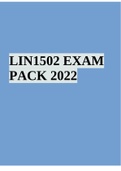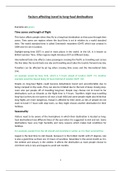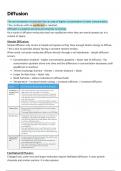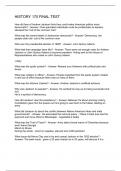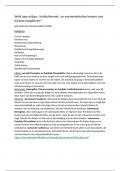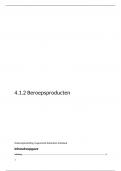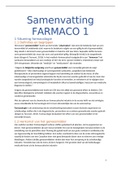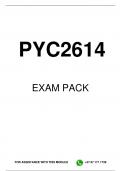Exam (elaborations)
LIN1502 EXAM PACK 2022
- Institution
- University Of South Africa
LIN1502 EXAM PACK 2022. Which of the following is considered a divergent strategy? [1] Using in-group slang when addressing a friend in an informal situation. [2] Codeswitching when addressing a monolingual person. [3] Speaking slowly and clearly to a beginner second-language learner. [4] Answe...
[Show more]
